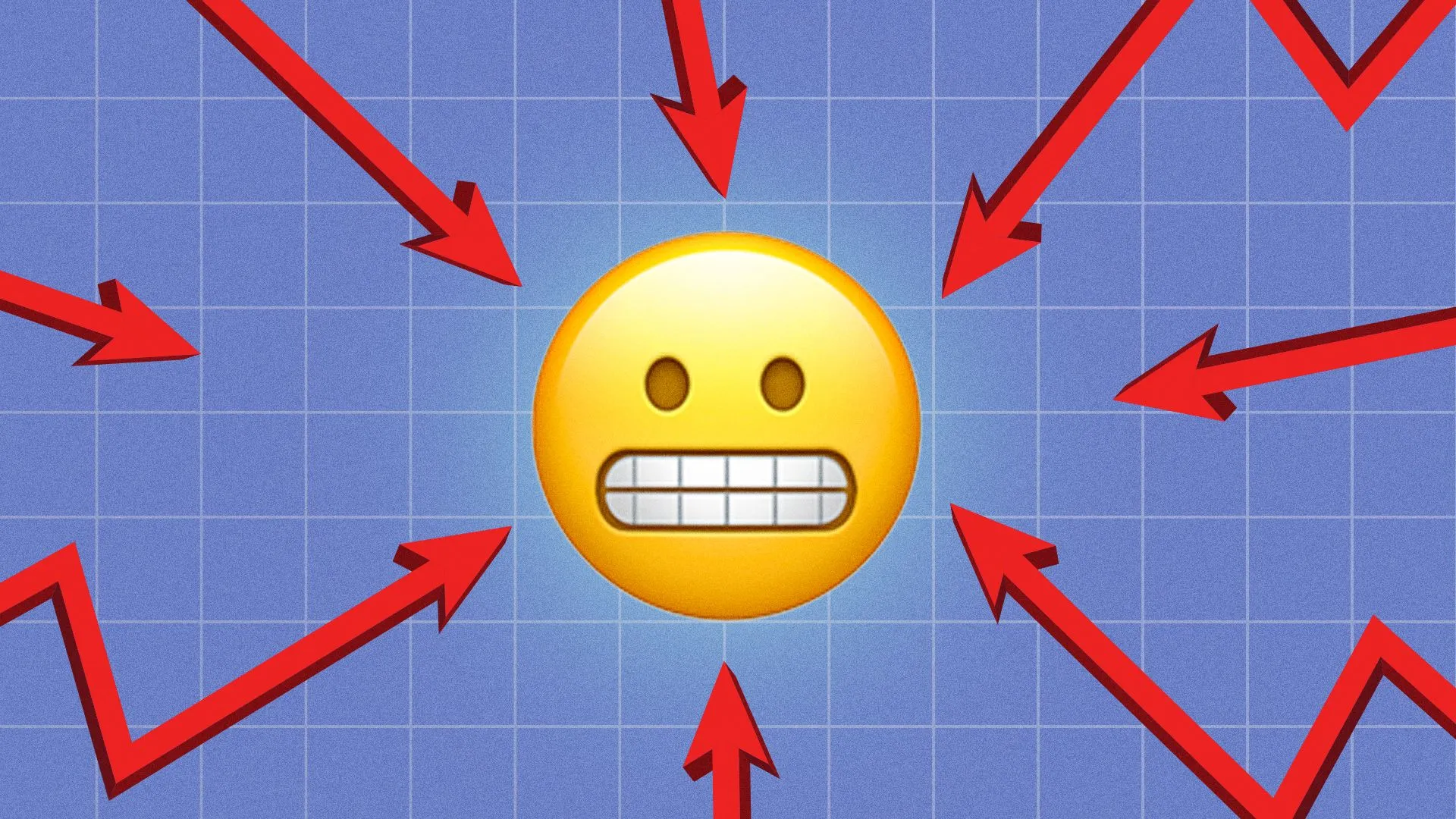Auto execs and analysts are getting less bullish on the pace of EV demand growth — and fretting more about tough economics of competing in the market.
Why it matters: Automakers have made expensive bets on an electric future, and the tech is a weapon against carbon emissions, too.
Driving the news: Ford said Thursday it’s slowing the pace of EV and battery manufacturing investments amid lower-than-expected demand.
- The company isn’t changing the total spending target but will “push out” about $12 billion of those investments, CFO John Lawler told reporters.
Catch up fast: Among the growing bad vibes…
- General Motors this week scrapped its target to produce a cumulative 400,000 EVs from 2022 through the first half of 2024.
- CEO Mary Barra told analysts GM is “taking immediate steps to enhance the profitability of our EV portfolio and adjust to slowing near-term growth.”
- Tesla CEO Elon Musk told analysts last week that he’s worried about the effects of interest rates.
What they’re saying: The U.S. EV market is “definitely seeing” slowing demand, iSeeCars.com executive analyst Karl Brauer said via email.
- He cites general economic concerns and interest rates that affect large purchases overall.
- EV-specific factors include higher average costs than gas-powered models and many consumers lack of familiarity with the tech.
- “I see EV sales plateauing and even falling over the next 6 months,” Brauer predicts.
Threat level: “Investors have been too optimistic about EV demand growth . . . slowing demand growth is coming sooner than expected, especially in the high-end EV market,” said Lee Hang-koo of Korea Automotive Technology Institute tells the Financial Times.
What we’re watching: The next rounds of aggregate sales data from analysts.
- EVs were 7.9% of U.S. light duty sales in Q3, up from 7.2% in Q2, per Cox Automotive.
- And when the auto strike ends, how will the union agreement with Ford — and eventual deals with GM and Stellantis — affect their EV economics?
The bottom line: The EV transition is happening, but good luck predicting how fast it unfolds.

